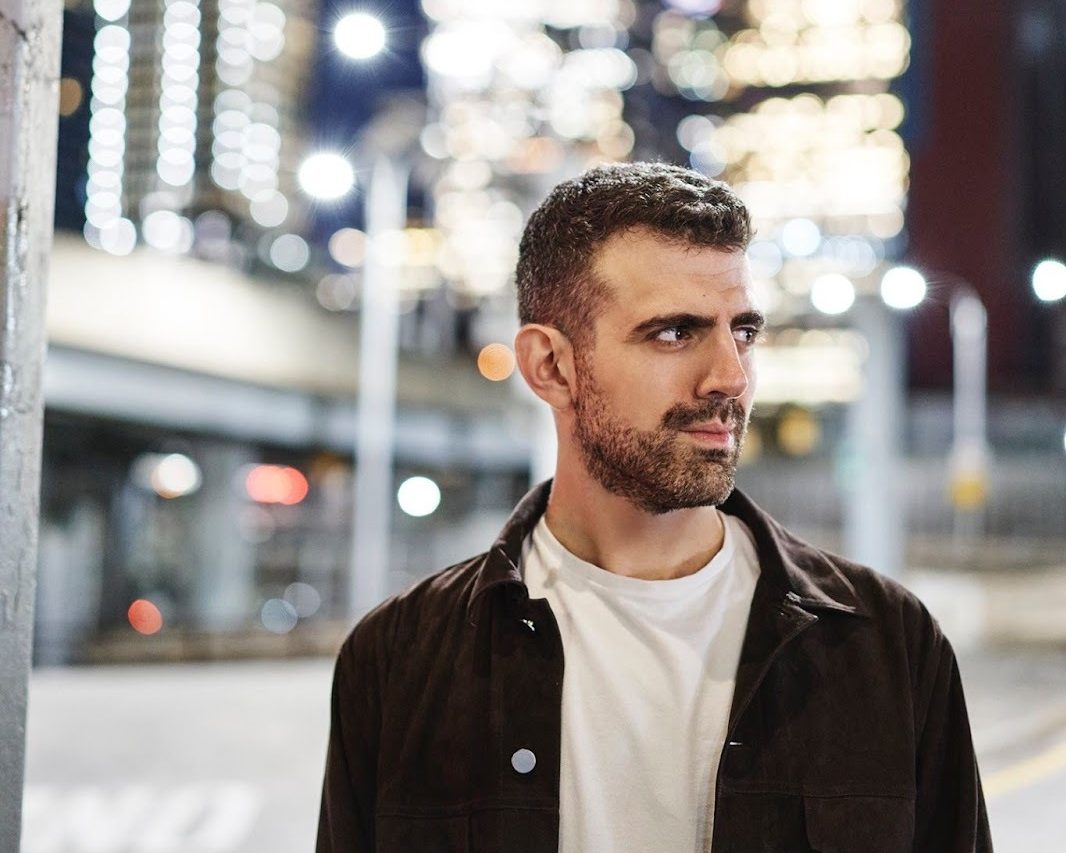Q&A with comedian Sam Morril ahead of his Pittsburgh show


A portrait of Sam Morril.
Sam Morril is a stand-up comedian from New York. His Netflix special “Same Time Tomorrow” showcases his dry, dark and deadpan humor. The Pitt News spoke with Morril over the phone to talk about his past jaunts in Pittsburgh, his comedic career and his upcoming Class Act tour stop at the Carnegie Library Music Hall of Homestead on October 25. This interview has been edited for length and clarity.
TPN: Welcome back to Pittsburgh. You’ve performed stand-up here a few times in recent years — what memories of our city stick out to you?
Morril: One that definitely sticks out to me is that I had a morning show appearance where I really — I’ve never pissed off a morning show that much in my life. I was on two hours of sleep, and I was just kinda in a mood. That’s kinda the life of a comedian, you’re just a night person … they were just asking me those same questions that you could tell they did no research, so I just threw the whole segment under the bus. It was a pretty uncomfortable segment, but it was hard for me not to break out laughing.
I think she asked me, “So, have you always been funny?” and I said with a straight face, “No, as a young kid my uncle was funny and he molested me, and then I was funny. It was like Spider-Man.” I delivered that line very straight-faced. They just didn’t know what to do with it. They just kinda froze, because it was live TV. I think he said something like “OK, I don’t know what to do with that” … I think they don’t do comedians anymore.
TPN: Many of our readers are college students with little idea of what they’re going to do with their lives. What is your advice to them, especially to the budding comics at Pitt?
Morril: If you don’t know what to do with your life, that’s probably normal. You shouldn’t. I think you gotta figure out what, A, you like and B, you’re good at, so that your job doesn’t feel like a job, hopefully, and that you’re doing something you like, if you’re fortunate. As for budding comedians, I would say life experience is important, which is why you don’t see a lot of successful comedians who are incredibly young. Live — try to live and try to have experiences, and write constantly. You need to constantly write and constantly try to get on stage if you want stand-up.
When I started there wasn’t TikTok — at the risk of sounding old as hell, I was sending comedy clubs VHS and DVDs to get booked, which took a long time… holy crap, I’m not that old, but I am, I guess. What I’d say is that maybe you’re good on one of those, on TikTok or Instagram and you’re good at sketches or jokes — the world is there for you to make jokes at, if you want to pursue this. I once heard Bill Burr say be careful posting your first few sets on social media, because do any of us want to see [Robert] De Niro’s first audition? It kinda kills the mystique of De Niro. That doesn’t mean you can’t practice and use it to get better.
TPN: In your stand-up comedy, you thrive off the energy of your audience. How do you work with a crowd that gives you too much or too little?
Morril: If it’s way too much, it’s a fine line. I would think of that movie — you ever seen “The Legend of the Drunken Master” with Jackie Chan? He’s this great martial artist, but he’s best when he’s drunk. But then there’s a fine line between being good drunk and when you teeter over in the bed drunk. It’s the same with a comedy audience – they can be energetic and a good drunk crowd, but all it really takes, even in the theater, is one really annoying person to ruin it. It’s delicate, it’s very delicate.
Of course, I’ve done venues in San Francisco and I believe we were somewhere in Massachusetts recently where they didn’t serve alcohol, and boy, was my crowd angry. They let me know it… a sober crowd can be tough too, because it’s more like you’re in an auditorium doing a TED Talk or something as opposed to stand-up for a crowd that went out to have a night.
TPN: Your Netflix special “Same Time Tomorrow” has undoubtedly brought you to new heights of prominence in the stand-up world. How has your life changed now that you’re in the spotlight?
Morril: In terms of preparation, it hasn’t really changed, except that I have less time to focus on stand-up, which is really my bread and butter. That’s tough. When I was a younger comic I could just work on jokes all day, but now it’s podcasts — it just seems like I always have a full schedule, which is kinda good, it’s nice to be busy, but stand-up requires a lot of attention, and you can tell when people take their foot off the gas.
The big reason I do the road so hard is it forces me to come up with new stuff, it forces me to do the material until I’m sick of it and have to throw new stuff in … the road will force me to get stuff done, because you don’t want to waste those opportunities. Which is honestly kinda how I used to approach it as a young comedian when I used to hand out fliers in the street in exchange for stage time. So, stage time, I never take for granted — I try to view it as valuable as it is.
TPN: What have been the most rewarding and challenging parts of being on the road for the “Class Act” tour?
Morril: The rewarding parts are definitely seeing how many people come out. We did the Chicago Theatre was a pretty huge venue, so that was pretty special. Toronto is another huge one. New York coming up is pretty huge. That’s pretty thrilling to see that many of your people come out and hopefully leave happy. The challenges are the scheduling, not sleeping in your own bed, sometimes the lack of sleep. It’s very difficult. I love the road, I love doing it, but you do miss home, so you get home and you’re like, man, I miss the road.
The challenges are more health-related — you want to have longevity in this career. At home, you have a routine that keeps you healthy, but on the road it’s just kinda hard to maintain that. You try to eat healthy, but it’s the road, right? Even if we order at a nice restaurant, we’re gonna get some crap. We’re gonna get some dessert or something. Alcohol is right there. It is a challenge to stay healthy — so we try to require exercise every day, not just for our bodies, but for our minds, to reset everything.
Recent Posts
SGB addresses concerns about ICE presence on campus, hears SJP lawsuit against administration, approves governing code bill
At its weekly meeting on Tuesday at Nordy’s Place, Student Government Board heard concerns about…
ACLU of Pennsylvania sues Pitt over SJP suspension
The ACLU of Pennsylvania filed a federal civil lawsuit against the University of Pittsburgh and…
Marquan Pope: The ultimate shark
One of the most remarkable things about sharks is that an injury doesn’t deter them.…
Who Asked? // Do we really get a summer vacation?
This installment of Who Asked? by staff writer Brynn Murawski mourns the seemingly impossible perfect…
Notes From an Average Girl // Notes from my junior year
In this edition of Notes From an Average Girl, senior staff writer Madeline Milchman reflects…
Meaning at the Movies // The Power of the Movie Theater
In this edition of “Meaning at the Movies,” staff writer Lauren Deaton discusses her love…

